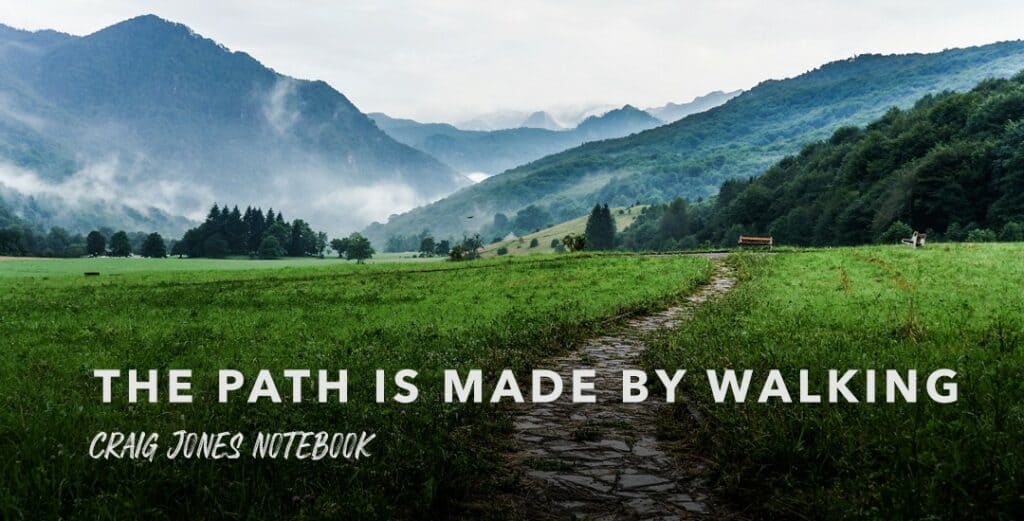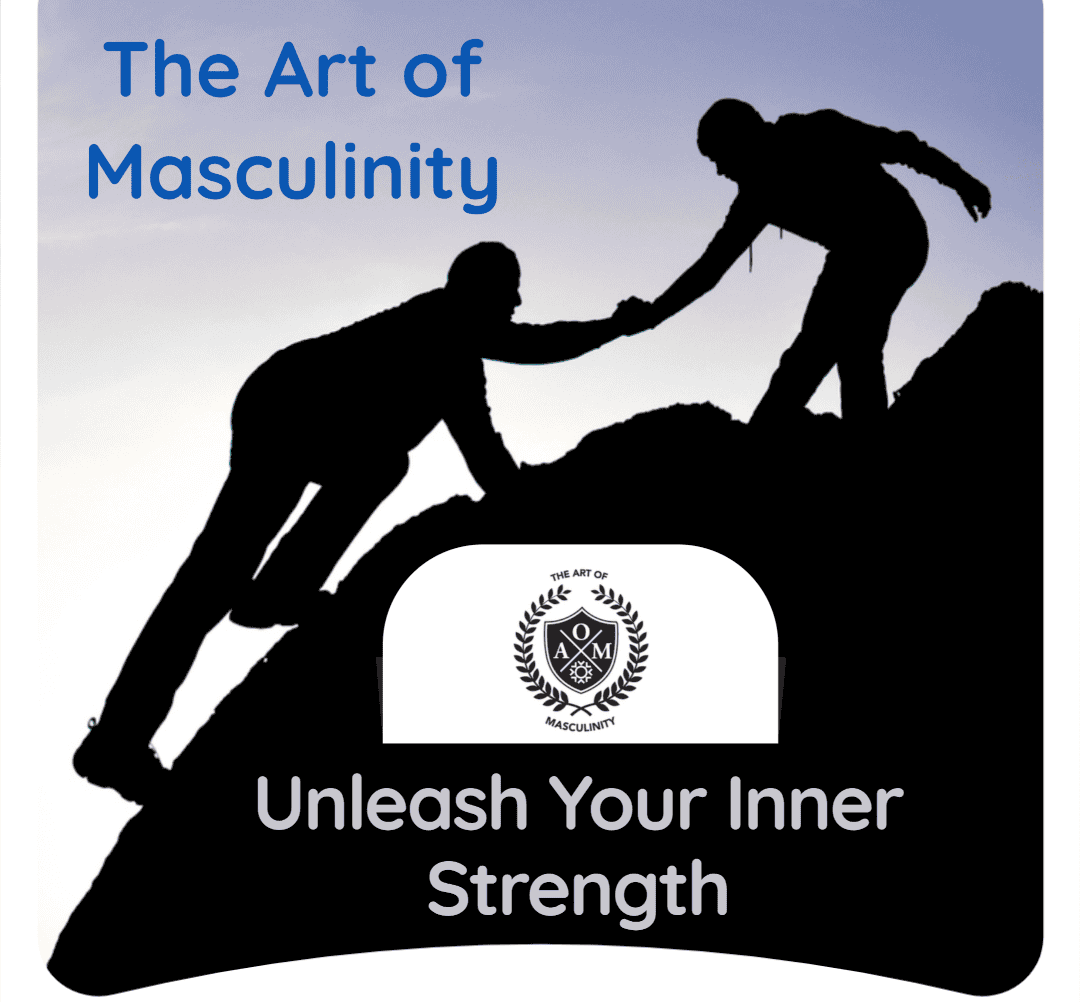By Craig Jones, Guest Columnist
Gabriel Garcia Marquez once wrote that “Human beings are not born once and for all on the day their mothers give birth to them, but … life obliges them over and over again to give birth to themselves.”
I get that. It’s the kind of “born again” I can get behind at this point in my life.
I grew up with another kind, though, and lived my life in the embrace of this belief for nearly 30 years. Born into an Evangelical Baptist home with a particular view of Jesus, I “went forward” (walked down the aisle) and “accepted Christ as my Savior” one night during a revival-type meeting at my family’s church in Maine. Maybe age 12 or 13, if memory serves. At that point, I believed then, I was born again, in some spiritual sense. I acknowledged that I was a sinner and had “fallen short of the glory of God,” as it says it the book of Romans.
The Bible sits there in the middle of every part of my boyhood like a campfire making everything smell like wood smoke. My soul is dyed permanently with biblical language, modern interpretations of it and hymns based on it.
My earliest experience of the Bible was with the King James. The language can be very poetic and lyrical, but also a little hard for modern ears to hear. I was exposed to several other, more modern, more hip, versions as I got older. I remember an article I read years ago, I think when I was in high school, about the Bible and how it always got referred to as the good book, which makes people automatically think, even if they don’t know it, give me a bad book anytime.
I remember the monthly communion services, too. I can still hear and feel the footsteps of the ushers as they walked forward, in unison it seemed, all business. They’d pass out the little squares of white bread first, pew by pew, and then the grape juice (no wine in this Baptist Church). Someone had cut all that bread and poured all that juice in little thimble-sized cups.
That inherited faith was the lens through which I saw the world. I followed a path that led me to a Christian liberal arts college in the Midwest, where I met my first wife, and then theological seminary back on the East Coast.
It’s a trope to say I had a “faith crisis,” but that is what eventually happened, sometime around the birth of my first child, my eldest son, in 1981. He will be 40 in December, and 40 is the number of years it is said the Israelites wandered in the desert before arriving at the promised land flowing with milk and honey. It’s an apt, if not perfect, way to describe the years I have spent in my own wilderness since giving up the all-encompassing faith that once answered every query I had about the cosmos and the meaning of life.
It was a loss not being able any more to just point out a verse in the Bible to answer any question, the way I used to. It was a loss to not have a faith community where our kids could grow up knowing “the way.” It was a loss to not have the same feelings about Jesus that I once did.
Jesus was always a problem. There’s that aspect of Christianity people manage to forget about, the hard parts like do good to those who persecute you, care about the poor and disenfranchised and let anyone who’s never sinned cast the first stone. Easy to make Jesus into this sweet tender guy instead of someone hard-edged, flinty, muscular, not particularly sunny all the time, maybe even smelly and sweaty from carpentry work. I remember hearing the Evangelist Tom Skinner say once that the Jesus he grew up hearing about wouldn’t have survived in his inner city Philadelphia neighborhood.
Something like one sixth of the verses in the New Testament attributed to him were concerned with money and not about making shitloads of it either. No prosperity gospel there, but rather a lot of uncomfortable and inconvenient statements about our responsibility to the poor. These are the verses people carefully avoid today when flying the Jesus flag in the public sphere.
In one New Testament account, a woman caught in the act of adultery was dragged before Jesus. The question was posed: “Rabbi, the law says she should be put to death. What do you say?” The Galilean was bent over writing something inscrutable in the dirt with his fingers and didn’t respond right away. Then he replied “All right then, stone her, have at it. Stone the living shit out of her. But only if you’ve never sinned yourself.” Now that’s a showstopper right there. What could any of them do?
I imagine they dropped their rocks, looked around, lowered their eyes and gradually shuffled off, no other response possible, defeated by this irrefutable logic. Some may have been thinking we have to get rid of this guy, he’s a pain in the ass, but no one was going to throw a stone. Only a sociopath would have. Each of the listeners had complete clarity, even though they had been hoping to trip him up and catch him in a legal conundrum.
I like that Jesus. I like Jesus more than I ever did when I was a believer, and I’m not even one hundred percent sure of his actual historical reality. He may be more myth than man. There are some non-biblical references from antiquity to someone kind of like him, but who the hell really knows. Right there, I can hear the words of one of the old hymns, as if in answer to my doubt: “You ask me how I know he lives; He lives within my soul.”
That doesn’t work for me anymore.
This is something I will keep poking at as I get older, like when you’re sitting around a fire and a hot coal pops out, and you need to scoop it back in or bank up the wood a little bit more or you just mindlessly shove a stick into it, just because you feel like it.
Part of my latter-day spiritual journey has been pondering and writing about gratitude, for which one does not need belief in the reality of any supernatural intervening power. It’s just saying thank you, no God needed.
During a recent Thanksgiving season, sometimes I found myself walking by whole shelves of books at the library about being thankful and studies and personal journeys on gratitude and how it can change your life. Oh, God, I thought, I can’t take it anymore, it’s too sweet. Hell, people may have felt that way seeing some of my blog posts. A fellow member of my writing group noted that she was resistant to reading my stuff at first and I suppose it was for that reason. Ugh, more gratitude journals and happiness and upbeatness and sweetness.
I don’t know where the rest of my spiritual journey will take me. It all feels like an unmade bed. The time I have left is a hell of a lot less than what I’ve already lived. It’s messy.
It’s messy for all of us. What a tumult of emotions we’ve had to deal with since this virus brought the world to its knees. We’re choked up, then laughing, pissed off at our fellow Sapiens, then tolerant. Disheartened about the planet, then hopeful. Sad about a friend’s death, then smiling at a memory. We have all been on some kind of spiritual journey, I suppose, without ever intending it. Maybe all of life is one long spiritual path.
Over the years, I have learned something about just walking and letting the path reveal itself, the way Antonio Machado expressed it:
Traveler, there is no path
The path is made by walking
Traveler, the path is your tracks
and nothing more
Traveler, there is no path
The path is made by walking
By walking you make a path
And turning, you look back
At a way you will never tread again
Traveler there is no road
Only wakes in the sea


Makes sense and allows perpetual growth if we make our path continuously. As always, beautifully written